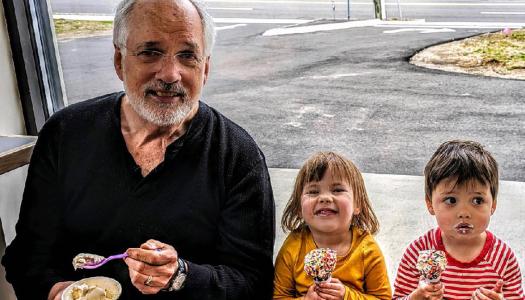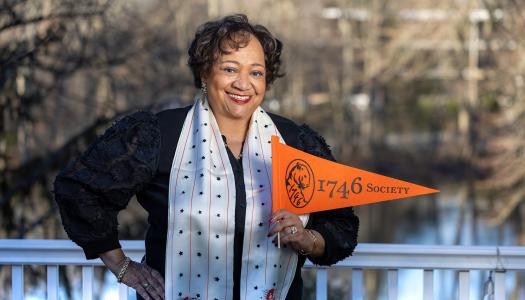For Henry Von Kohorn ’66, founding the Princeton Prize in Race Relations was in the nation’s service

Photo by Kevin Birch
Henry Von Kohorn ’66 was nearly 50 when he had what he calls his awakening. “For a long time, I had been aware of the racial turmoil in this country, but I had never been an activist,” he said. He admits to having been somewhat sheltered in Connecticut as he grew up and during his time at Princeton: “We were a homogeneous group — all male, almost all white, many from privileged backgrounds.”
Serving in the Army after business school was Von Kohorn’s first real encounter working alongside people from different backgrounds. That experience remained in mind when Von Kohorn began interviewing prospective Princeton applicants in Bridgeport, Connecticut, in the ’90s as an Alumni Schools Committee volunteer. “I learned first-hand about the impact of racial inequity on young people, and I sensed from students and guidance counselors that Princeton had a lukewarm reputation in the minority community that didn’t reflect the efforts that Princeton was making to diversify its campus,” he said.
In 2003, Von Kohorn founded a University initiative to reach out to the next generation of America’s leaders by honoring high school students for their efforts to advance racial equity. Having just completed its 20th year, the Princeton Prize in Race Relations has grown into a nationally recognized program involving more than 400 Princeton alumni volunteers in 29 regional committees around the country working to celebrate the extraordinary accomplishments of young people (more than 2,000 honorees so far) dedicated to addressing issues of race in their schools and communities.
Von Kohorn, a former chair of the Princeton Schools Committee and Alumni Association president, is quick to say that he doesn’t deserve all the credit for launching the Princeton Prize. “Alumni help to publicize the program, evaluate applications and hold regional awards ceremonies,” he said. “In working with a dedicated, talented and diverse group of alumni volunteers towards a common objective, I’ve gained more than I’ve given, and I think that other alumni feel the same.”
The high school students who apply are passionate about social change and eager to make an impact through projects ranging from school-focused diversity initiatives to more ambitious efforts such as lobbying state legislatures to address disparate resources in underfunded schools. “Often these students are the only ones doing this in their schools and communities,” he said. “It can be lonely work and takes a lot of courage.”
Aided by financial support from the Class of 1966, the prize winners come to campus each spring for the Princeton Prize Symposium on Race where they learn from others who are equally devoted to these issues. “When they meet other young people who have the same interests and are doing the same things, they bond immediately and spark off each other,” he said. “The symposium is often a catalyst that encourages Princeton Prize honorees to keep up the important work that they’re doing.”
Von Kohorn hopes that the Princeton Prize has also helped the perception of Princeton in communities across the country. “Princeton has put its name, reputation and resources behind the Princeton Prize in Race Relations,” he said. “It’s unique — no other school does this. It’s truly a program ‘in the nation’s service.’”


